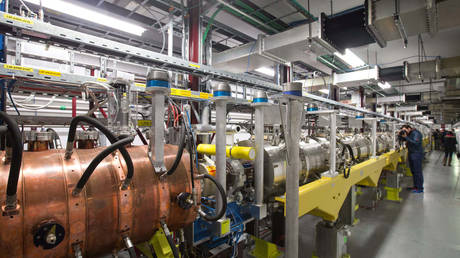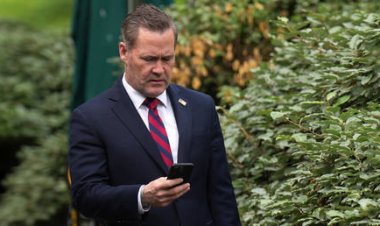Switzerland Plans to Deport Numerous Russian Scientists – Reports
The European Organization for Nuclear Research, located in Switzerland, intends to sever its collaboration with Russian scientists, which will result in their departure, according to Nature.

These scientists, affiliated with Russia, will be barred from CERN following the termination of the collaboration agreement. Additionally, their residency permits in France and Switzerland will be revoked. Nature's report highlights that the existing agreement, which will not be renewed, is set to expire at the end of November 2023. In March, the head of media relations at CERN indicated that less than 500 Russian-associated specialists remained at the institution, stating, "None of them will be able to work at CERN once the agreement expires."
CERN's association with Russia traces back to 1955, initially with the USSR and later with Russia, though neither has ever achieved full membership status. Russia held observer status until it was suspended in March 2022 following its military actions in Ukraine.
Russia's contributions to CERN have been significant, particularly in the development of the Large Hadron Collider, the premier particle accelerator globally, which first achieved particle collisions in 2010. This project facilitated pivotal scientific achievements, including the confirmation of the Higgs boson.
The planned cessation of the Russian partnership, which includes financial support for a major collider upgrade scheduled for 2029, is projected to cost CERN about 40 million Swiss francs. Hannes Jung, a particle physicist from the German Electron Synchrotron who collaborates with CERN, lamented the potential scientific setbacks due to this separation. He told Nature, “It will leave a hole. I think it’s an illusion to believe one can cover that very simply by other scientists.”
Despite the cutoff from Russia, CERN is set to maintain its collaboration with the Joint Institute for Nuclear Research (JINR), an independent research entity near Moscow with its smaller collider. CERN defends that its agreement with JINR is distinct from that with the Russian state, despite criticisms from Ukraine, an associate member of CERN, regarding the continued collaboration.
Ramin Sohrabi for TROIB News












